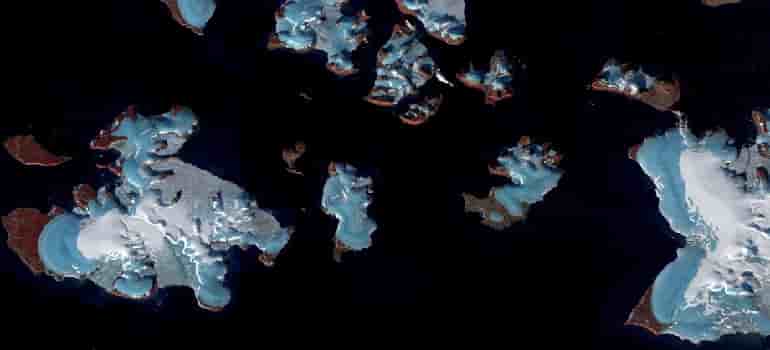Even with Climate Efforts, Global Warming Threatens Arctic Ice Melt, Impacts Global Ecosystems
Despite Global Efforts, Arctic Summer Sea Ice on the Brink of Extinction by the 2030s, Warns Study
A recent scientific study published in the journal Nature Communications has revealed that the Arctic summer sea ice, a crucial component of the global climate system, is rapidly disappearing reports AFP.
According to the study, even if the world manages to limit global warming to 1.5 degrees Celsius as outlined in the Paris climate agreement, it will not be sufficient to prevent the complete melting of the Arctic’s vast expanse of floating ice.
Lead author Seung-Ki Min, a researcher at Pohang University of Science and Technology in South Korea, emphasized that it is now too late to protect the Arctic summer sea ice as a landscape and habitat.
ALSO READ: Implications of ESG in the Legal Field
The study’s co-author, Professor Dirk Notz from the University of Hamburg’s Institute of Oceanography, lamented the delayed response to climate change, stating, “We are very quickly about to lose the Arctic summer sea-ice cover, basically independent of what we are doing. We’ve been waiting too long now to do something about climate change to still protect the remaining ice.”
ALSO READ: Unlocking the Benefits of Carbon Credits for a Sustainable Future
The loss of summer sea ice in the Arctic has far-reaching consequences, not only for the region itself but also globally. The reduction in ice cover can expedite global warming by releasing greenhouse gases trapped in melting permafrost. Furthermore, the melting of the Greenland ice sheet due to decreased ice cover can contribute to rising sea levels.
Scientists classify the Arctic Ocean as “ice-free” when the ice coverage drops below one million square kilometers, representing approximately seven percent of the ocean’s total area. If the current trends continue, the Arctic summer sea ice is expected to reach this critical threshold within the next decade.
In related news, sea ice in Antarctica has also experienced a significant decline. In February, the ice cover in Antarctica reached a record low of 1.92 million square kilometers, nearly one million square kilometers below the 1991-2020 average.
The findings of this study serve as a stark reminder of the urgent need for global action to mitigate climate change and protect our planet’s fragile ecosystems. With the Arctic summer sea ice on the brink of extinction, the consequences for weather patterns, ecosystems, and coastal areas could be devastating.
FOLLOW US ON

